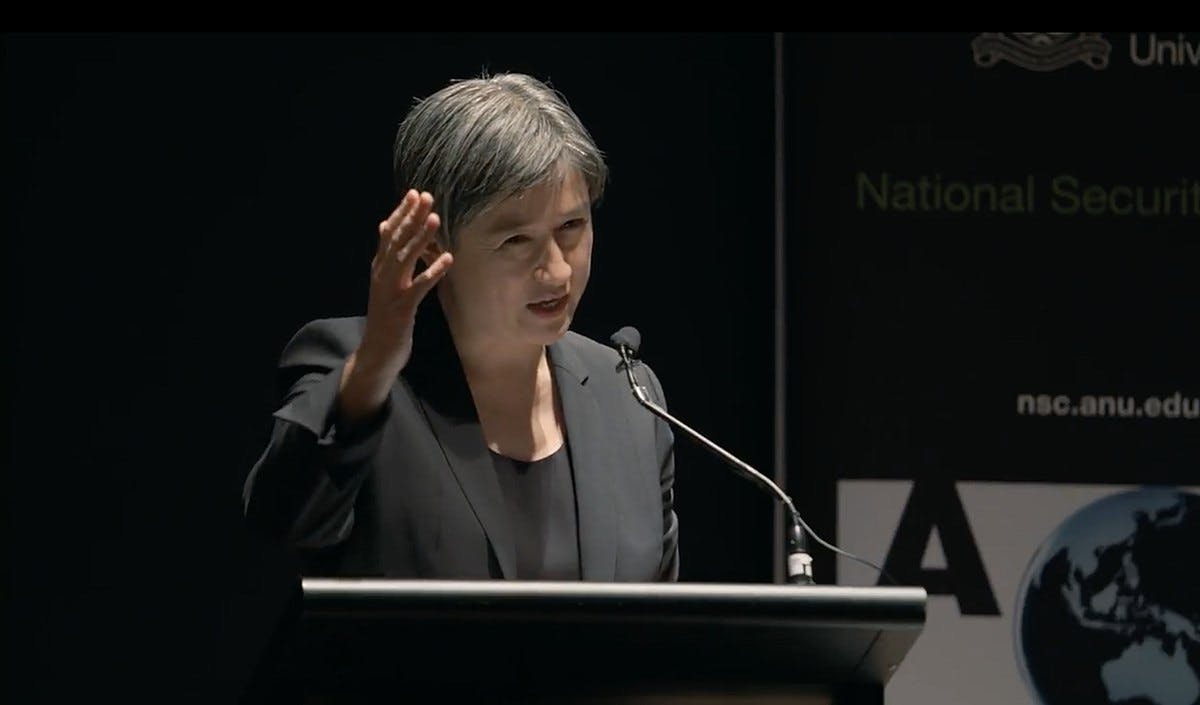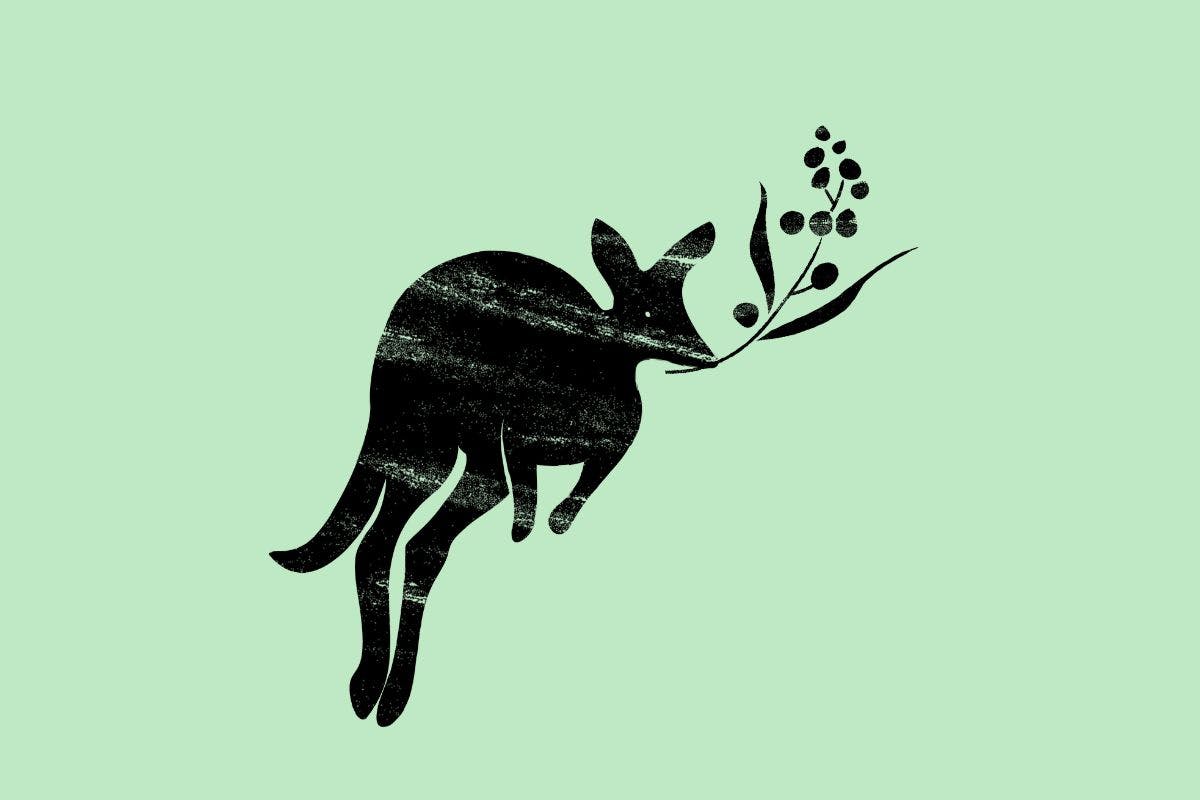Published: 19 November 2018
Last updated: 4 March 2024
Israeli human rights lawyer Sharon Abraham-Weiss calls this the “shrinking democratic space”, which she will speak about in an upcoming tour of Australia, and says Israel is experiencing it too. She heads ACRI – the Association for Civil Rights in Israel – a group founded in 1972 to defend civil rights through the legal system.
“When I started working at ACRI as an intern in the year 2000 I felt like a hero. Human rights work was flourishing. We had lots of wins, including a big verdict on women’s rights. Now if you criticise the government you are met with suspicion,” says Abraham-Weiss.
And perhaps not just in Israel. The visa for her Australian visit was only issued two days before her flight here, nearly nine weeks after the application was submitted. Abraham-Weiss says she was surprised at the delay and was not given any explanation. However, Liam Getreu, the Executive Director of New Israel Fund Australia, which has sponsored her visit, said in a public email this week: “we have been led to understand that Sharon’s case was ‘complicated’ because of her activism”.
There has been plenty for Abraham-Weiss to be activist about recently. Israel’s noisy, open democracy is being constrained by laws such as the recent “Nation State” bill which favours the status of Israel’s Jewish citizens over those of other religions and downgrades the status of the Arabic language.
Israeli analysts describe the current coalition of right-wing and religious parties as the most hard-right government in the state’s history. Politicians including cabinet ministers criticise the media, the police, the Attorney-General, government legal advisers and especially the Supreme Court.
Earlier this month, former Israeli Prime Minister, Ehud Barak, once an ally of current Prime Minister Benjamin Netanyahu but now a fierce critic, described this government as suffering from “an auto-immune disease.”
“The Justice Minister attacks the Courts. Education Minister attacks the universities.”
He might have added the Culture Minister who attacks artists, actors, and film-makers, and is now advancing ‘The Loyalty in Culture’ bill, where government funding for artists will depend on ‘loyalty to the state’s symbols.’
Abraham-Weiss won’t comment on politics but insists on the importance of the separation of powers. “If not, you don’t have a democracy. Our main activity is in the courts. We are not a branch of the Supreme Court, and it’s not a branch of ACRI. We lose as much as we win, I wish it was more liberal. But the Court has to be strong and respected; so do the police. We bring many cases against them. We criticise the police, but at the same time it’s dangerous when the government does.”
Abraham-Weiss has led ACRI since 2014, following five years as Tel Aviv Equal Opportunities Commissioner. She comes from a family of mixed heritage, Polish and Indian. “And I didn’t get the Polish colouring,” she laughs. On the Polish side, she is the granddaughter of Holocaust survivors, who were also communists.
They came to Israel in the late 1950s, the first legal departure of some 50,000 Jewish Poles after the War, which became known as the ‘Gomulka Aliyah’. With this background, perhaps civil rights work was inevitable. She reels off a list of ACRI’s recent successes.
“We’ve run hundreds of cases that have changed the lives of Israelis. We stopped water companies automatically disconnecting water to people who didn’t pay their bills, by arguing that water is a basic right. Prisoners: we won a minimum square metre space for prisoners in Israeli jails. Asylum seekers: in conjunction with other groups, we had the Holot detention centre in the Negev closed down. We’ve brought cases related to women, going back to the 1980s. Lots of wins for Israeli society.”
But when ACRI branches out beyond Israeli civil rights, to include Palestinians, it courts trouble.
“We are very aware of this, but you can’t speak about human rights in a bubble. The Israeli- Palestinian conflict has to be part of the discussion, since Occupation is a violation of human rights. You know, I have heard more than once from Israelis, ‘Just focus on social rights and civil rights. You’re doing such a great job, if you just leave out the Palestinian issue, we will be able to support you.’ But we can’t do that,” says Abraham-Weiss.
Over several years the government has targeted organisations perceived to be left wing, including the New Israel Fund, which provides about 20 per cent of ACRI’s budget.
“There’s been a constitutional capture, with five-six years of legislation against various groups. The anti-NGO bill (requiring non-profits that receive the majority of their funding from abroad to disclose this publicly) was called the Transparency bill, but it’s nothing to do with transparency, its target is organisations working in the Palestinian territories,” she argues.
“Or the Muezzin bill (the law imposing sanctions on mosques if the Call to Prayer is too loud). It could have been negotiated via environmental legislation but someone in the government insists on creating a special law which applies only to mosques and specifically excludes the sound of the Shabbat siren… It’s tailor-made legislation, targeting Palestinians and Muslims,” she says.
Despite the difficulties of manoeuvring in this shrinking democratic space, Abraham-Weiss says she remains an optimist. “I don’t have the option of being a pessimist. I care about Israel and I struggle for its democracy.”
SHARON ABRAHAM-WEISS PUBLIC TALKS
Sydney: November 21, with commentator and lawyer Josh Bornstein - Bondi Pavilion
Melbourne: November 25, with Gillian Triggs, former president of the Australian Human Rights Commission - Alex Theatre
Bookings: www.nif.org.au/democracy




